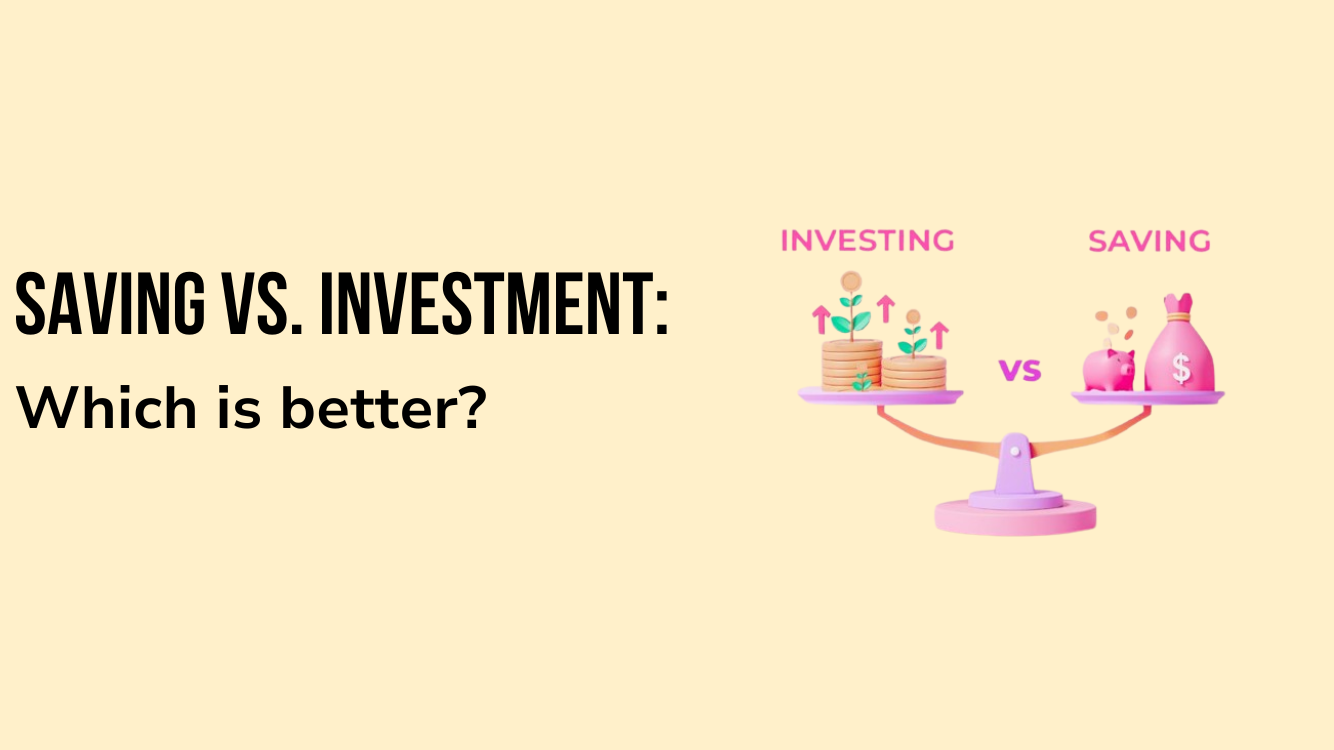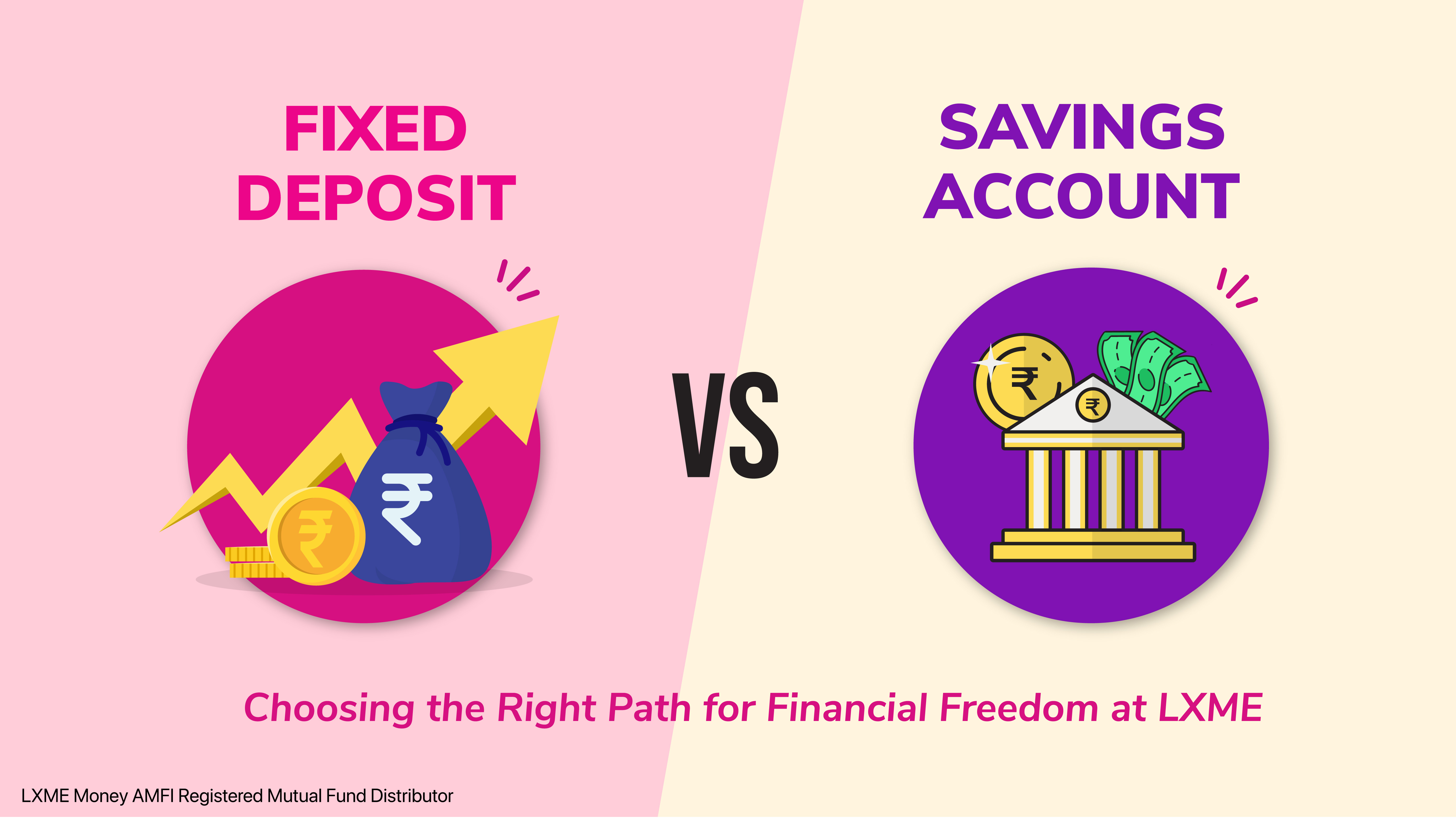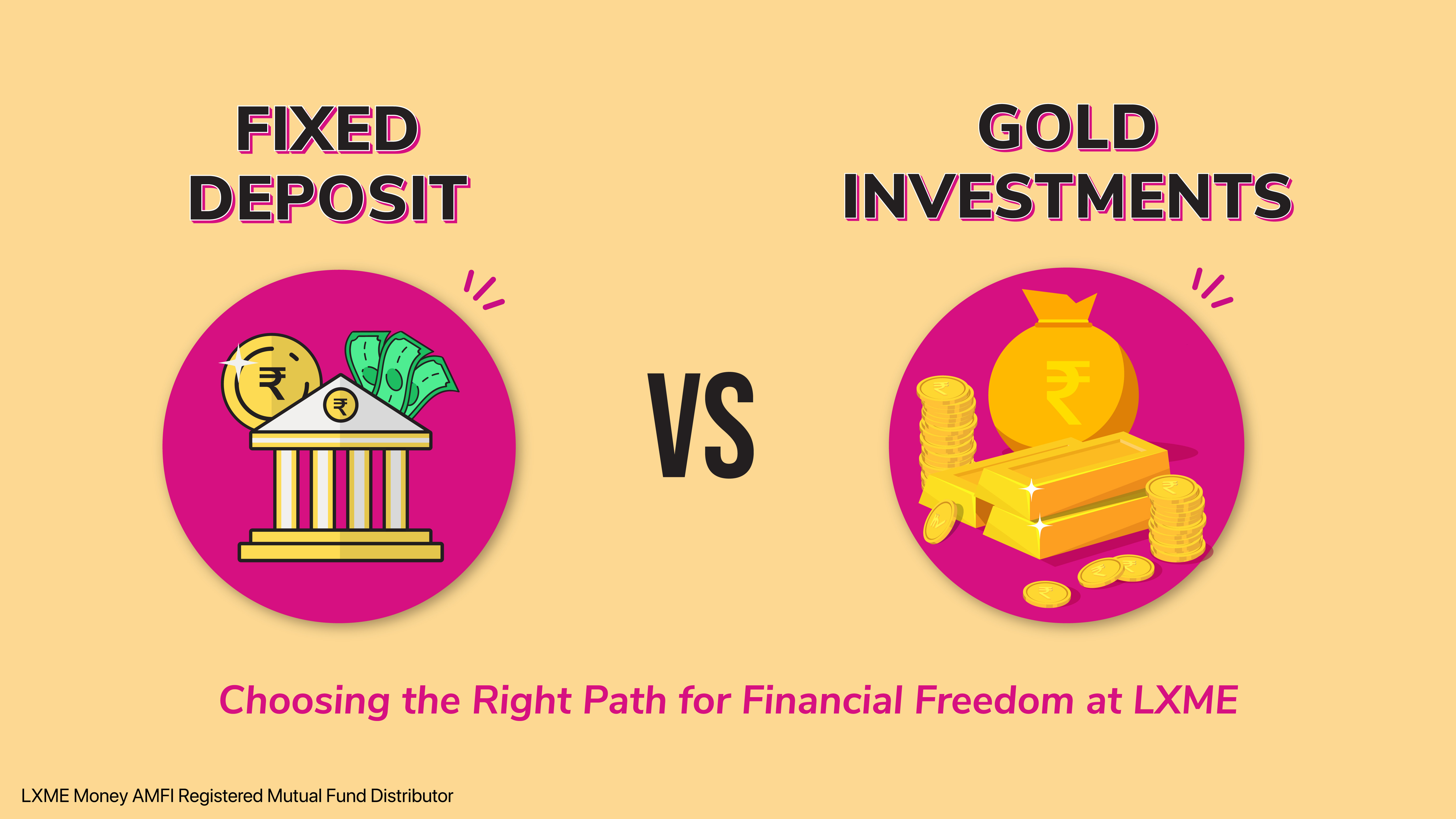Emergency funds, as the name suggests is your safety net against financial disruption. This disruption could be as a result of a medical emergency or illness, job loss, or any untoward accident which results in loss of regular income.
Why are emergency funds the first goal of a good financial plan? The idea of creating a financial plan for oneself stems from the fact that we don’t want to be financially dependent on anyone. Not even on friends and family as long as possible. Money matters as we know can strain relationships. The Covid-19 outbreak is an alarming reminder of the uncertainty of life, jobs, earnings no matter how well placed one might be.
In times like these, we need to be sure of having liquidity and cash available for any unforeseen need. It is also a great reminder that the entire world, our friends, family, colleagues are all in the same boat. So getting financial aid if required may be the most difficult at this time. So how much does one accumulate to build an emergency fund? And where does one keep such funds? We recommend every individual or a family to keep aside at least 6 months equivalent of their monthly expenses in liquid and easily accessible investment avenues.
- By expenses, we mean your fixed monthly expenses, like bills, EMIs, rent, household expenses and other family related expenses like school fee, medical expenses etc.
- Keep in mind, while creating an emergency. fund, the two key objectives should be= Accessibility (ease of availing funds) and principal protection. Some of the avenues to create an emergency fund would include recurring deposits, liquid funds and other ultra-short term mutual funds which let you redeem funds instantly.
While you build your investment portfolio based on your financial goals, an emergency fund should be among your first investment goals. One should begin building an emergency fund, as soon as they start earning. So what have we learnt today? If you are yet to begin your investment journey, and still wondering where to begin, we recommend, you start building an emergency fund first before you begin planning your investment journey. Ask LXME for more help…
New Investor? Request a Callback.
Fill in your details and we will guide you at every step
other blogs

Mutual Funds Saving June 24, 2024
Saving vs. Investment: Which is better?
When it comes to money women are very disciplined in saving and budgeting. They can manage the expenses even in the tightest budget. They always think about the future like no one else can as they are proactive in all situations, so they always set aside some part of their budget for future or emergencies. … Saving vs. Investment: Which is better?

Saving June 6, 2024
Fixed Deposit vs Savings Account: Choosing the Right Path for Your Financial Goals
The journey to financial freedom is paved with smart decisions. As women, we navigate a unique financial landscape, and understanding the tools at our disposal and using the right investment platform is key. Two fundamental options we encounter are savings accounts and fixed deposits investments (FDs). But what’s the difference between a fixed deposit and … Fixed Deposit vs Savings Account: Choosing the Right Path for Your Financial Goals

Gold Saving June 1, 2024
Fixed Deposit vs Gold Investment: Choosing the Right Path for Financial Freedom at LXME
Empowering yourself with financial knowledge is a crucial step towards achieving financial freedom. At LXME, we understand that women often face unique challenges in the investment world. When it comes to building your wealth, you may be wondering: fixed deposit vs gold investment, which is the better option? Among other investment choices like mutual funds … Fixed Deposit vs Gold Investment: Choosing the Right Path for Financial Freedom at LXME









